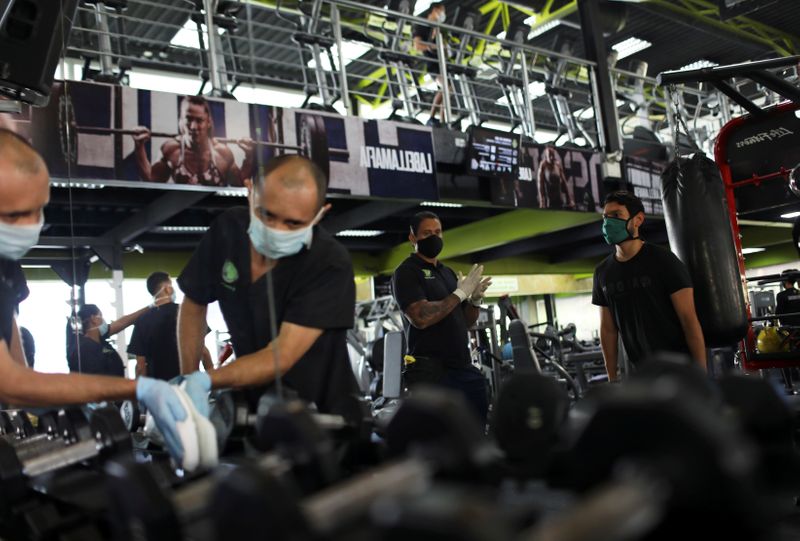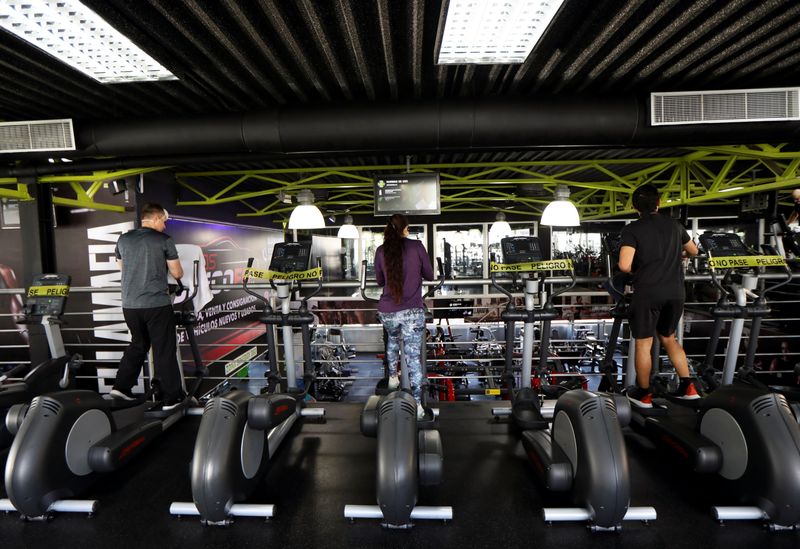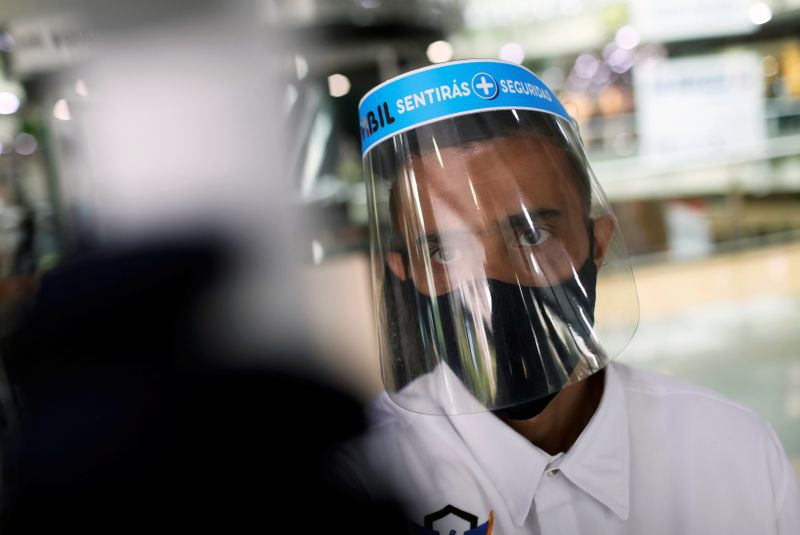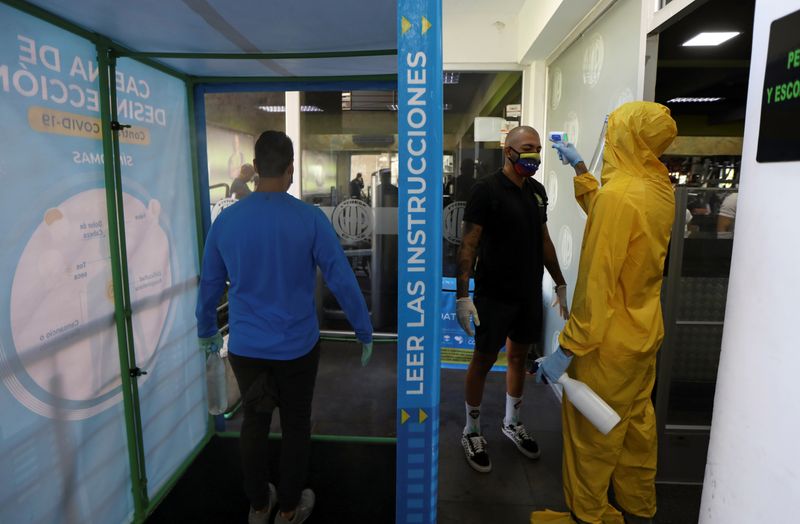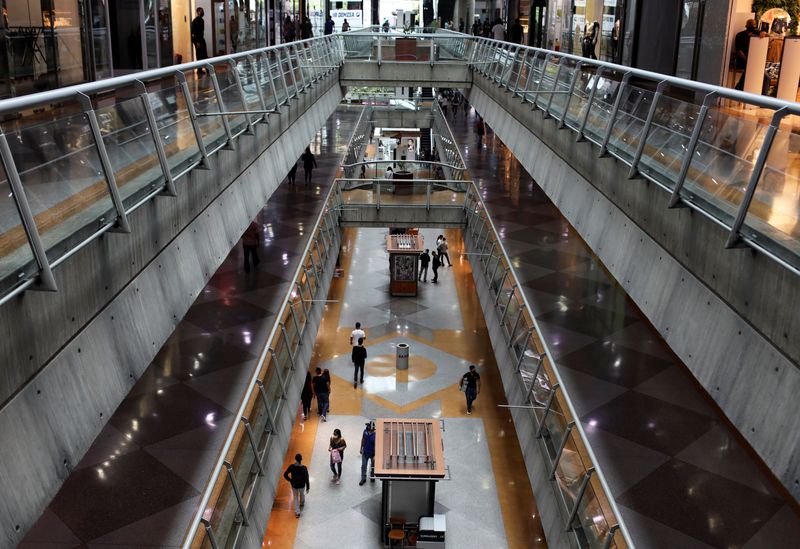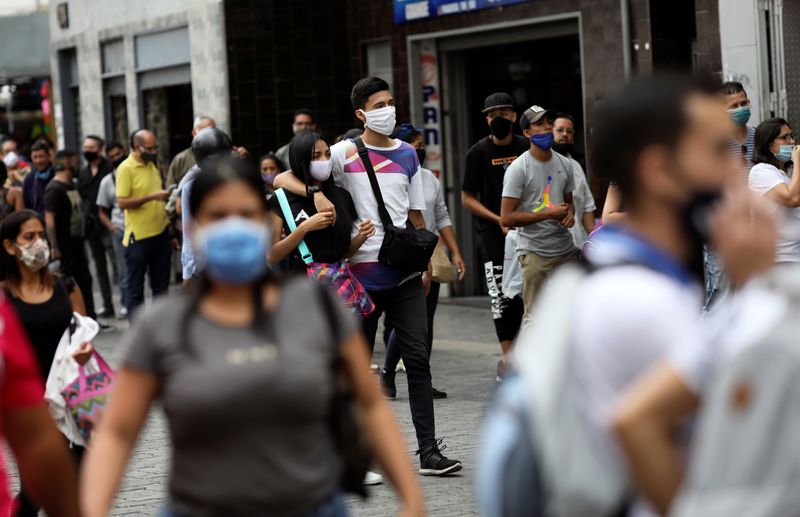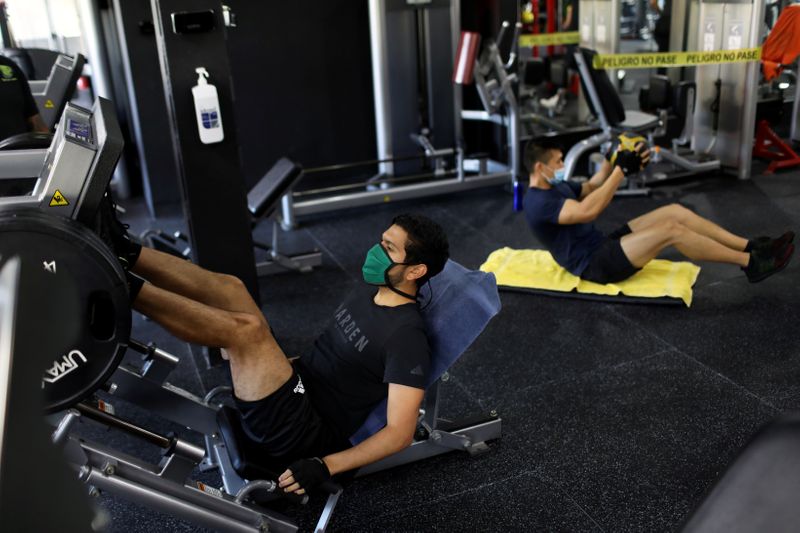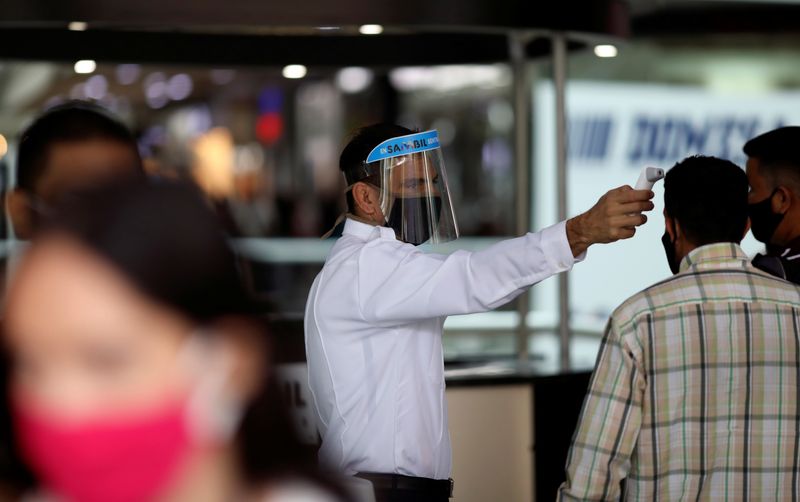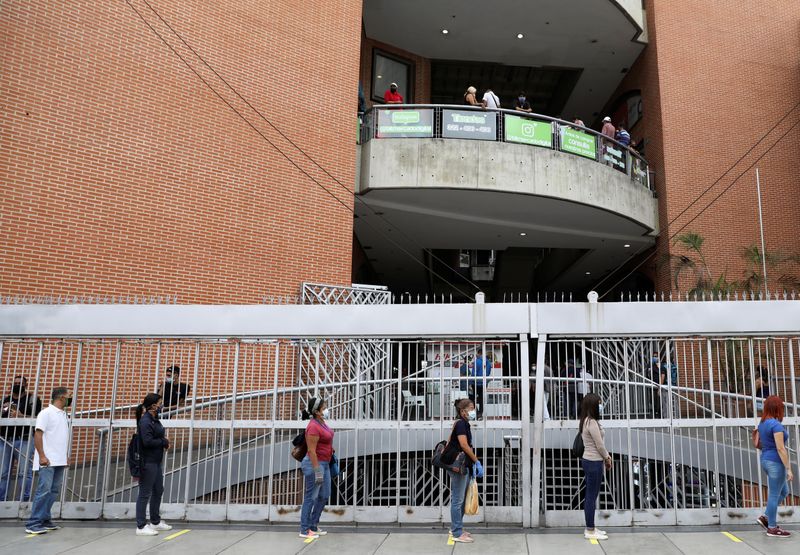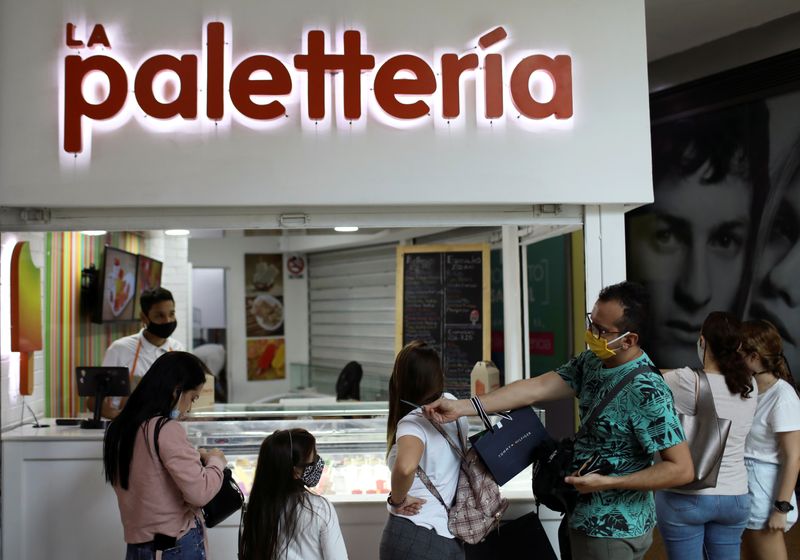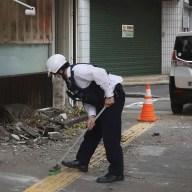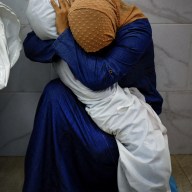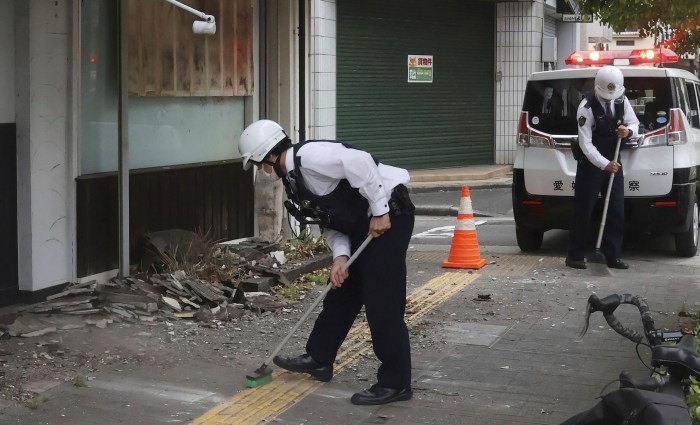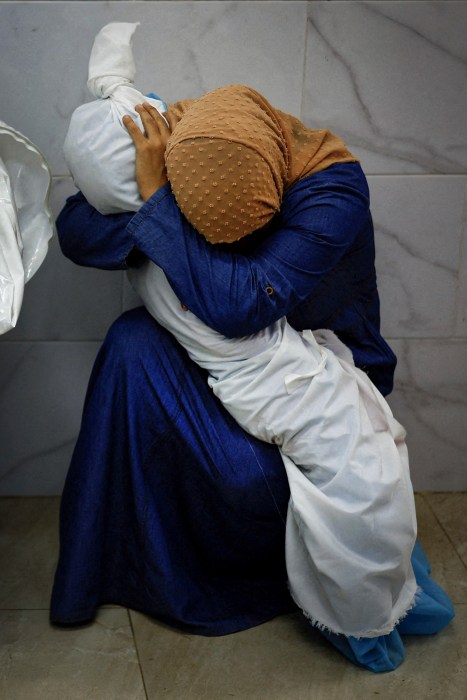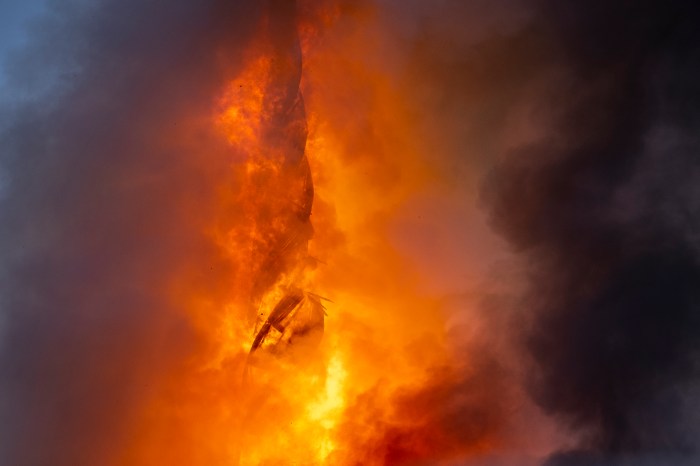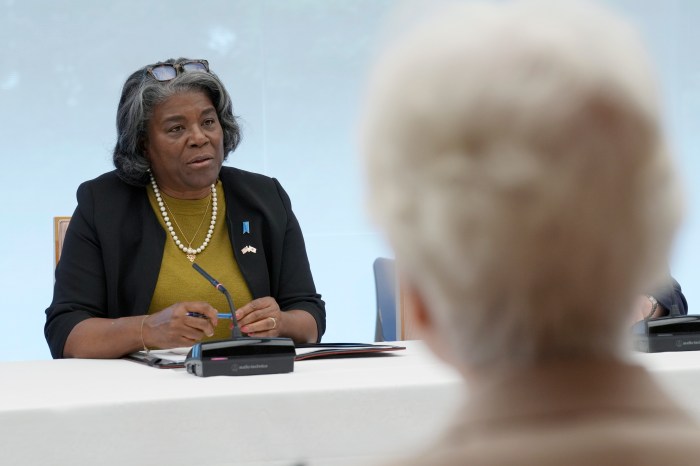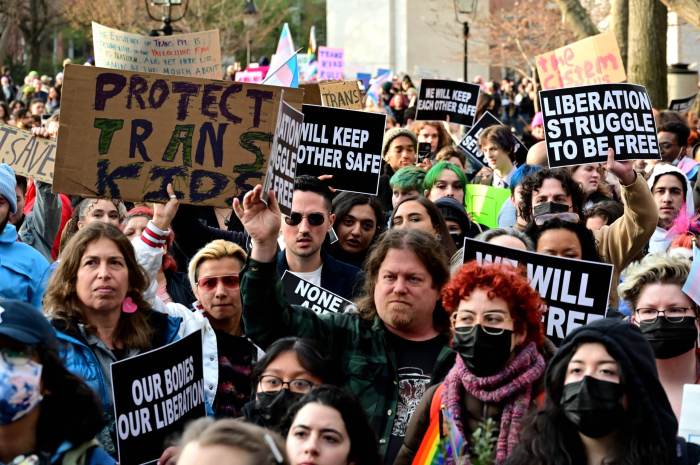CARACAS (Reuters) – After 14 weeks locked up in their homes, some Venezuelans are welcoming a decision by President Nicolas Maduro’s government to relax a coronavirus lockdown, though doctors warn the measure could speed up contagion in the crisis-hit country.
“It’s like restarting one’s routine,” said Yolimar Quintero, a 47-year-old lawyer working out in a Caracas gym, which opened its doors again on Monday and is enforcing mask use and temperature checks. “I’m super happy.”
Nearby, Natalia Alvarez, a 38-year-old marketer lifted weights for the first time in weeks, alongside several dozen other gym-goers. “It’s normal that it makes you a bit afraid,” she said.
Maduro decreed a national quarantine on March 17 to contain the virus, which so far has killed 26 people among 3,000 confirmed cases, according to the socialist government. Medical experts have expressed doubts about the government’s testing regime and the validity of the official figures. [nL8N2BU6FL]
Authorities began to relax the lockdown on June 1, allowing some complexes like gyms, shopping centers and drive-in cinemas to open, while courts, schools and bars remain closed.
Health workers warn that a recent acceleration in the number of cases coincides with the easing of lockdown measures, with the weekly case count rising from 45 to 450. They say Venezuela’s dilapidated health system, where some hospitals lack basics like soap and running water, would be unable to deal with a significant leap in severely sick patients.
According to Julio Castro, an infectious diseases specialist advising Venezuela’s opposition, the chance of infection is now 10 times higher than seven weeks ago. “You decide if you protect yourself or not,” Castro said on Twitter on June 14.
Maduro on Tuesday said the government could take “drastic and radical” measures to tighten the lockdown in the event of a new outbreak.
(Additional reporting by Vivian Sequera; Writing by Angus Berwick; Editing by Alistair Bell)

